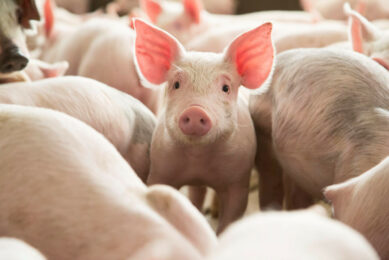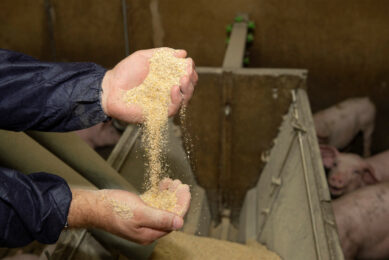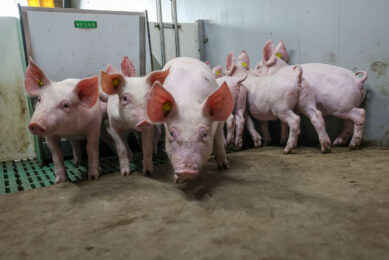Research: The role of carbohydrates in intestinal health of pigs
Scientists from the Aarhus University in Tjele, Denmark studied the role of carbohydrates in intestinal health in pigs.
Carbohydrates are naturally occurring compounds with a diverse composition and present in all plant feeds.
The linkages between the different carbohydrate components and the way the carbohydrate molecules are organised have a great impact on the site of its digestion and how the carbohydrates influence the physiology of the gastrointestinal tract.
The paper in Animal Feed Science and Technology adresses the impact of carbohydrates on the gastrointestinal environment, the commensal microbiota, the fermentation processes and the resistance to infection diseases as exemplified by the influence on post weaning enteric disorders and swine dysentery.
The gastrointestinal tract of pigs can be considered as a tube with regions that have different structure and functional elements, which provide optimal conditions for the digestion and absorption processes.
In the immediate post-weaning period, the secretion of α-amylase is compromised, which leads to malabsorption of starch in the small intestine the first 2 weeks after weaning.
These conditions make it difficult to assess a specific effect of dietary carbohydrates on gut health expressed by the protection to post-weaning digestive disorders.
However, inclusion of fructose containing oligo- and polysaccharides seem to stimulate beneficial bacteria, i.e. lactobacilli, which may give rise to some protection.
Two routes have been shown to protect against the expression of swine dysentery:
- feeding a highly digestible cooked rice-animal protein based diet providing limited amounts of fermentable carbohydrates to the large intestine or
- feeding diets containing prebiotic carbohydrates, i.e. fructose containing oligo- and/or polysaccharides, which stimulate beneficial microorganism.
However, whilst the protective effect of the highly digestible cooked rice diet have not been proved outside Australia, the concept of stimulating beneficial microorganism by fructose containing oligo- and polysaccharides have demonstrated protective effects both in Europe and Australia.












